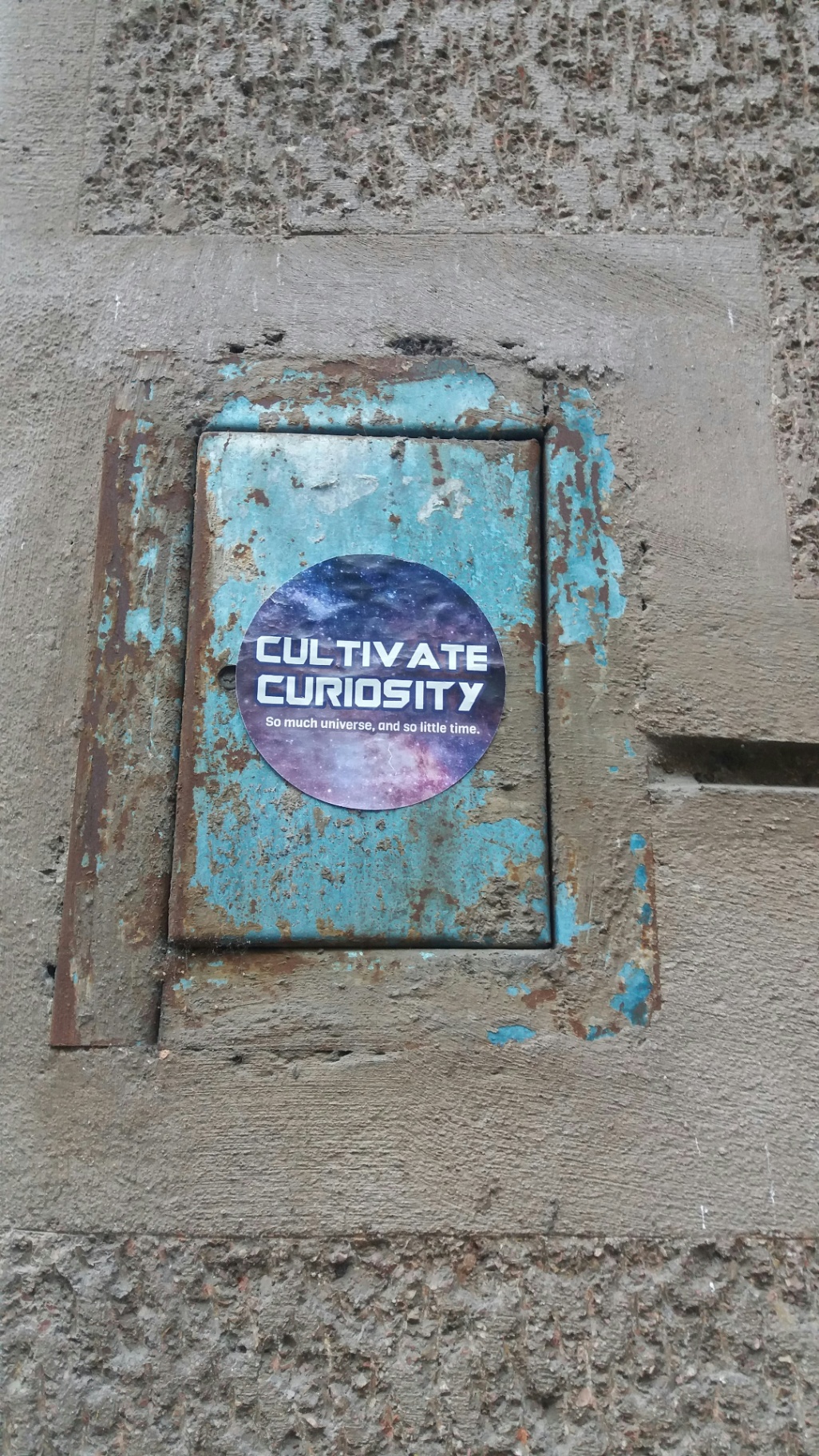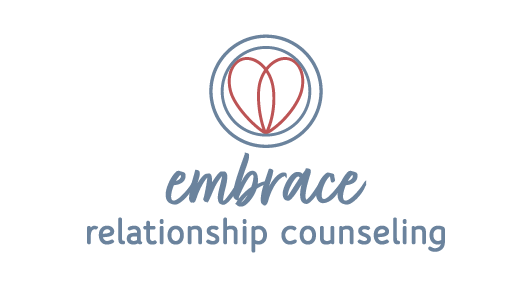The Importance of Being Curious

**This is the first in a series about the 5 most important qualities I see my successful couples develop, explore, embrace, and live as they heal and create new paths forward. These are the building blocks in their new foundation of deeper connection and intimacy. And now, hopefully yours, too! Enjoy!
Curiosity is an awkward quality. As living creatures, we have an instinct, a drive, an innate need to explore our world. We need to know it’s boundaries- how to safely eat, seek shelter and rest, interact with others. You can see these moments with animals. Just watch a nature show and how the babies explore their world. They learn how to hunt, which plants are non-toxic, and how to accept nourishment from their parents. They learn how to build a nest, dig a burrow, or climb a tree to rest. They play fight to learn how much aggression is too much and how to make amends when it’s gotten too rough; they gently clean one another to show acceptance, nurturing, or caretaking.
Curiosity can work for us and against us. Curiosity could be considered the driving force of innovation. This trait can move us forward into new and perhaps unexpected places. Curiosity landed man on the moon, developed life-saving medications, built cities of skyscrapers.
Curiosity can also work against us. Too much curiosity and we may fail to heed the warnings that we are no longer safe, that we’ve pushed the boundary too far, gone over the edge into danger. Too little curiosity and we become trapped in our comfort zone. We pull too far inward, withdraw from living life fully, stop interacting with the world in ways that challenge us to grow and instead we risk becoming stagnant and stuck and alone.
Curiosity is also unusual in that it can benefit or hinder an individual just as easily as it can benefit or hinder families, communities, and society at large. We can grow as a person or hurt ourselves with how we manage our curiosity. We can support growth in others or cause pain with how we manage our curiosity as well.
So, what does curiosity have to do with relationships?
Everything.
We are always in a relationship. Can’t avoid it no matter how hard we try. Some relationships are optional. The relationship with ourselves isn’t. We have to live with ourselves 24/7. Can’t avoid it no matter how much we binge watch tv, binge eat or drink, how many video games we play, or how much we mindlessly scroll. We start the day with ourselves and end the day with ourselves.
The relationship with ourselves is the place to begin being curious. Not too much curiosity, not too little, just the right amount. Too much curiosity can lead to a level of introspection that takes you down the rabbit hole of endlessly reading self-help books, constantly reviewing and replaying and reinforcing the narratives that bind you, leaving you so self-focused that you lose awareness of how this can be hindering the growth and development so actively being sought. Too little curiosity may make its presence known through lack of motivation to get up, get out, be an active part of life. Or it may be seen in a lack of awareness about caring for our own feelings, why we have them, and what to do with them.
When working on building- or rebuilding- a relationship, the relationship I have with myself affects the relationship I have with you. Too little curiosity within me about why I act the way I do and I may be viewed as aloof, avoiding, emotionless, robotic, too logical, perhaps a bit narcissistic. Too much curiosity about myself and I’m potentially viewed as self-centered, insecure, too emotional, maybe even a bit narcissistic.
Goldilocks needed the porridge to be not too hot, not too cold, but just right. Remember that story?
Time to be Goldilocks and get curiosity just right.
That just right level of curiosity is a balancing act. It’s teetering between the safety and security and acceptance of being able to love the parts of myself that I like and understand and the danger of exploring and learning about and taking responsibility for the parts of myself I don’t fully like or understand.
It’s also teetering between the safety and security and acceptance of being able to love the parts of you that I like and understand and the danger of exploring and learning about and taking responsibility for the parts of you I don’t fully like or understand.
The danger zone is the place of Gottman’s 4 Horsemen. It’s the place filled with criticism and contempt towards myself, being defensive and not taking accountability for my decisions and emotions, withdrawing into my comfort zone of unhealthy coping skills when interacting hurts .
And this is the challenge in the relationship. In order for me to have a healthy relationship, I need to be curious, even when it feels unsafe. I need to embrace the learning and personal growth that happens within myself when I face that moment and lean in. As a partner, when I embrace that moment for myself, I am then able to offer that moment to you. We lean in together, become curious together about what feelings are coming up, where they are coming from, and why they want to be heard. I need to be able to be curious about me so I can be curious about you so together we can be curious about us.
Curiosity is the building block that moves us out of the destructive patterns and into the healing patterns. I have yet to meet a person who can be curious while being critical, contemptuous, defensive, or stonewalling at the same time. They require different parts of the brain to interact. The 4 Horsemen and other destructive patterns are driven by fear- fear of vulnerability, fear of taking accountability, fear of being judged or shamed. Being curious is soothing- calm acceptance that tough feelings are present and they just want to be acknowledged as real for the person feeling them.
The inability and/or the unwillingness to be curious in an argument adds fuel to the fire and escalates the negative emotions. This threatens the emotional stability of the relationship in that moment and perhaps many moments after. This inability lacks the emotional strength of being vulnerable, being a willing learner about myself and about you, without confidence to lead a healthier conversation with open-ended questions that encourage sharing. Being curious dissipates the negative energy, cools the argument, calms the brain, fosters safe conversation, and invites closeness. Curiosity leads with the confidence of being on the same team, tackling the feeling and the problem and the world together.
This first building block is about learning to nurture, accept, embrace, and explore your innate curiosity.
Your relationship will love you for it.
As always,
Embrace your best self! Anne
